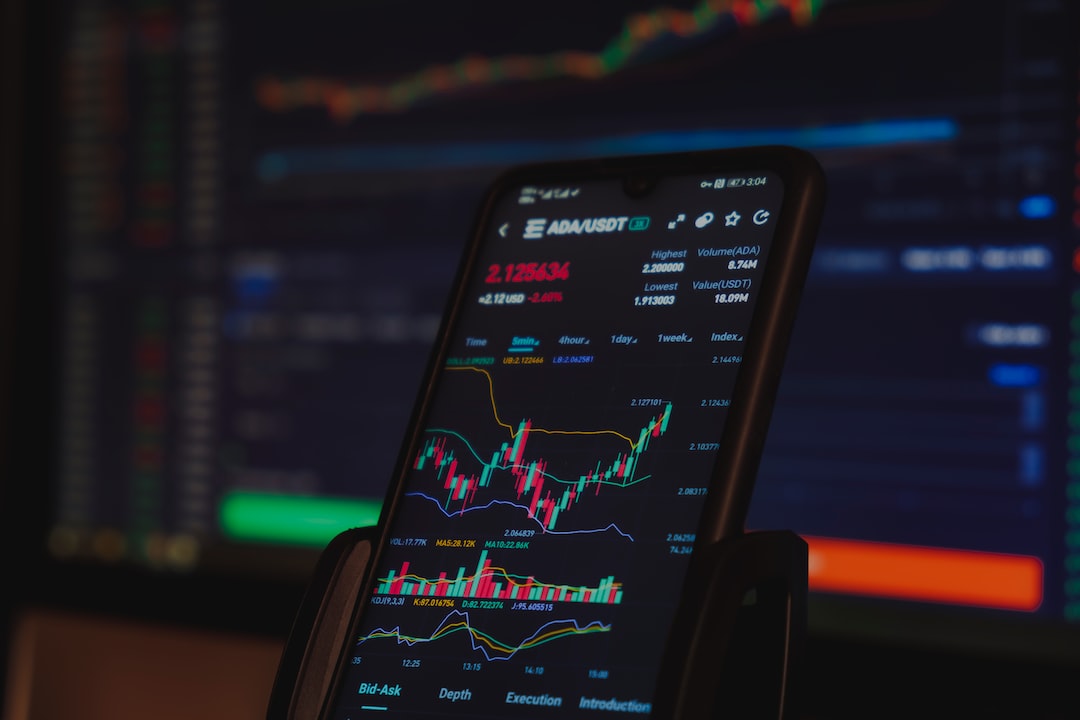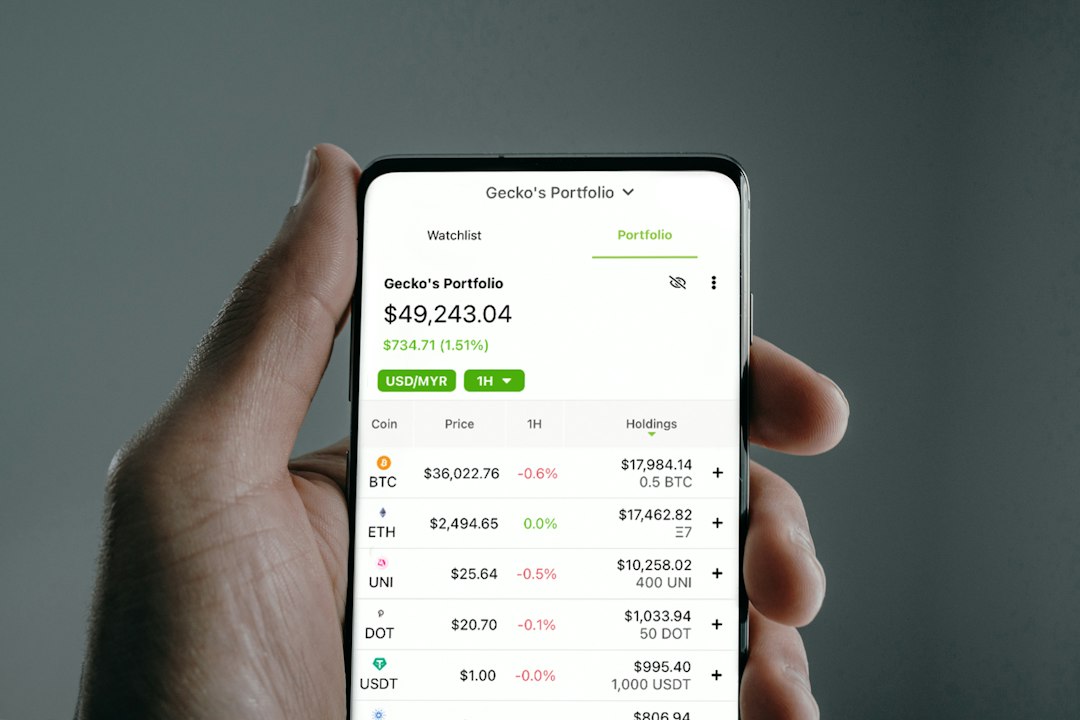Protecting Your Personal Data in the Age of Data Breaches
It’s no secret that data breaches and hacks are a common occurrence, with even big corporations like Toyota, 23andMe, and MGM falling victim to these attacks. The reality is that user data is highly valuable, and hackers are constantly looking for ways to exploit it. While corporations and governments struggle to protect themselves and their customers, individuals must take responsibility for securing their own personal data.
The Limitations of VPNs
Using a virtual private network (VPN) is one way to enhance your online privacy. However, not all VPNs are foolproof. Many VPN providers secretly store user internet traffic records and share them with third parties. This means that you’re still putting trust in your chosen VPN provider to protect your data.
Blockchain-Based Mixnets for Enhanced Privacy
Nym co-founder and CEO Harry Halpin and security consultant Chelsea Manning discuss how blockchain-based mixnets can strengthen VPNs and protect users’ personal data. Unlike traditional VPNs that route all your data through a single server, mixnets send encrypted data across multiple servers, adding layers of protection. Nym takes this concept further by using blockchain technology to record volunteers’ servers, giving users the ability to choose trusted nodes for routing their data.
The Importance of Encryption
Manning emphasizes the importance of using encryption technology to protect personal privacy. The more people who use privacy tools like encryption, the harder it becomes for surveillance networks to collect information. While there may be an imbalance in power between surveillers and individuals, privacy technology helps widen the gap by making it more challenging for surveillance entities to access and analyze personal data.
Hot Take: Safeguarding Your Data in the Digital Age
With the increasing frequency of data breaches, it’s crucial for individuals to take proactive steps to protect their personal data. While VPNs offer some level of privacy, blockchain-based mixnets provide enhanced security by distributing data across multiple servers. Additionally, using encryption technology can make it more difficult for surveillance networks to collect and analyze personal information. By prioritizing data privacy and adopting these tools, individuals can play an active role in safeguarding their digital lives.





 By
By
 By
By
 By
By
 By
By
